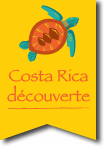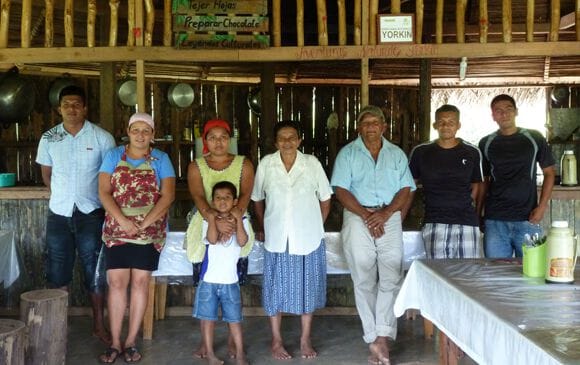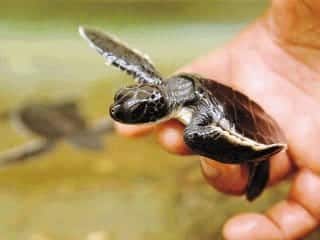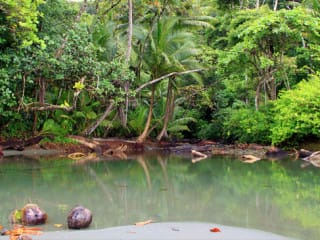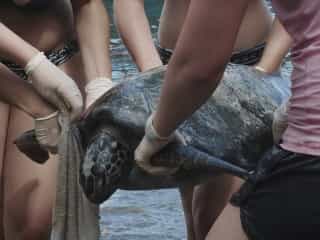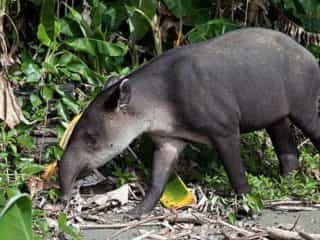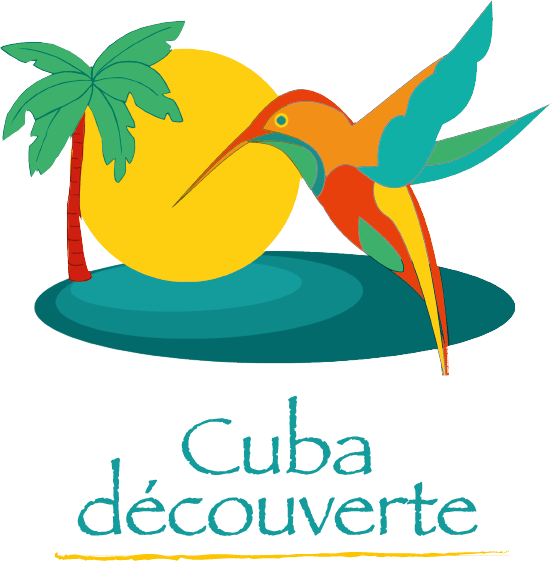Greenwashing and the traps
Many service providers are riding the wave of solidarity tourism, rural tourism or ecotourism, particularly in Costa Rica, but they don’t respect the essential rules. We call this greenwashing.
It’s a common practice to give oneself a good image without being invested or responsible, in order to make people believe in one’s good faith.
The most important points to check to avoid being “taken in” are that the service provider is in good standing with the local authorities.
The first point to check or to request is the presentation of a PATENTE – right to practice – issued by the municipalities. This implies prior possession of a Permiso de Salud which authorizes the company to work according to established criteria.
The second point is registration with the ICT – Costa Rican Institute of Tourism, a prerequisite. Many agencies are not registered and do not declare their income or their employees.
Here again, many agencies fail to comply.
Beware, too, of companies that are members only of certain organizations such as the Chambre Franco Costaricienne, which in no way guarantees that they have passed the first two stages, but some unscrupulous companies use this registration as a way of showing off.
Here again, many local travel agencies don’t fit the bill.
The CST: this label is awarded to companies THAT COMPLY WITH THE FIRST TWO POINTS, but go further by meeting all the criteria of a strict set of specifications on themes as varied as: environmental protection, staff training, concrete actions encouraging tourists to participate in sustainable policies during their trip, the company’s interactions with local communities, waste reduction, the involvement of company staff… In short, obtaining the CST is a pledge of good conduct, respect for local populations and authorities, and a guarantee against greenwashing.
In short, these are the key points to ensure you choose the right company.
